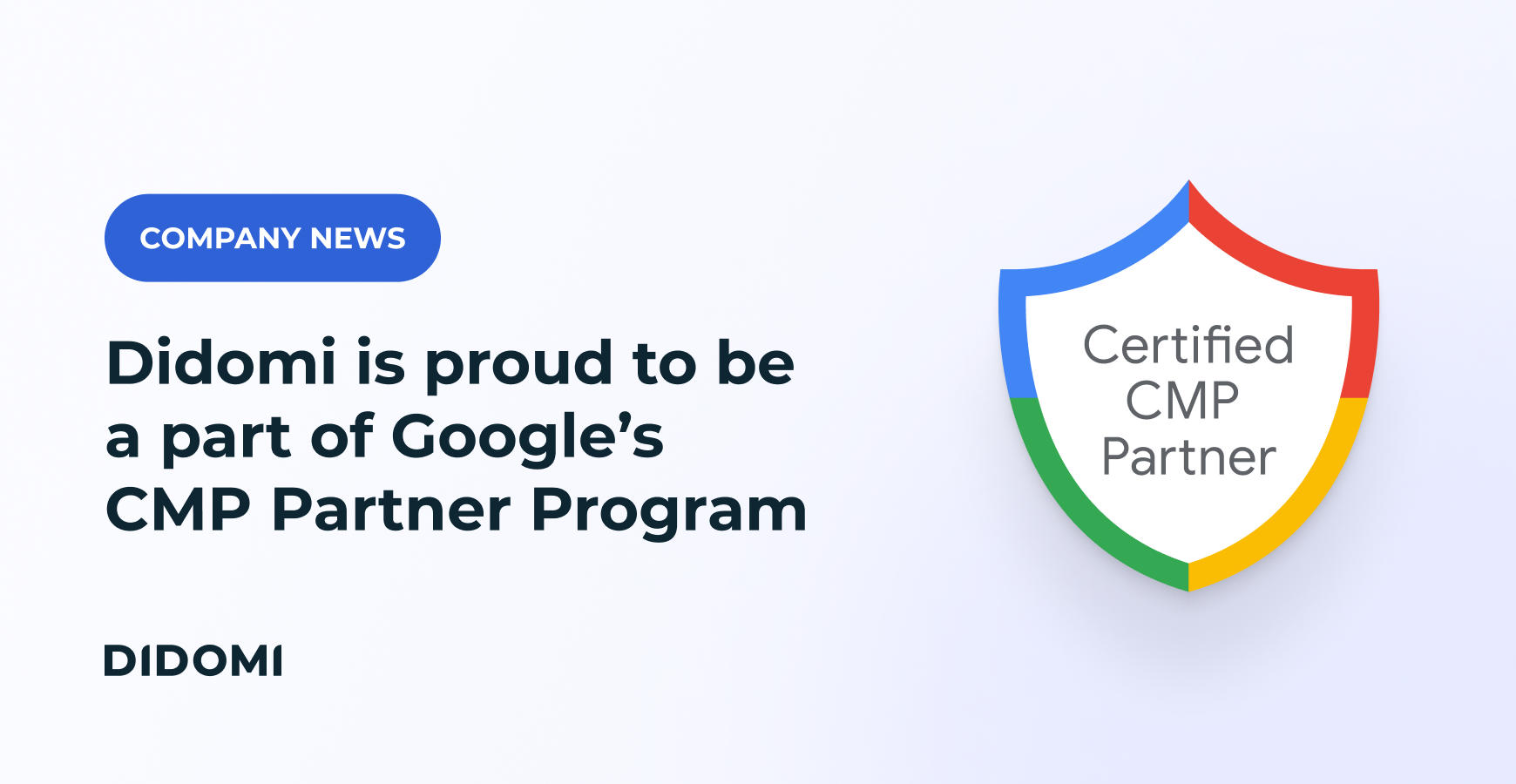As a Google CMP Partner, we benefit from exclusive information regarding Google updates and guidelines. We have been informed of new requirements for publishers in Switzerland, including the choice of a certified Consent Management Platform (CMP) and integration with the Transparency and Consent Framework (TCF).
Starting July 2024, these new requirements will apply to Swiss publishers, as well as any European publishers with an audience in Switzerland. Keep reading for the full details.
Summary
Google's new CMP requirements in Switzerland explained
Since last year, Google has started requiring publisher partners to use a Consent Management Platform (CMP) certified by Google integrated with IAB Europe's Transparency and Consent Framework (TCF) when serving ads to users in the European Economic Area (EEA) and the UK.
This requirement will be expanded to apply to Swiss traffic from July 31, 2024. After the deadline, Swiss publishers using Google monetization products will be required to implement a Google-certified CMP, comply with Google's EU user consent policy, and integrate with the TCF for Swiss traffic.
It is likely that, afterward, Swiss advertisers and marketers will also be required to use a certified CMP and Google Consent Mode V2 when using Google products.
Why these new requirements from Google?
Google's mandate for Swiss publishers to adopt a CMP from their partner program marks a significant shift in Swiss digital practices. This decision, primarily aimed at ensuring the use of the Transparency & Consent Framework (TCF) on Swiss traffic, encapsulates a broader intention.
It reflects Google's proactive stance in complying with legislative dynamics, likely informed by a meticulous analysis of the new Swiss Federal Data Protection Act (nFDPA) that came into effect in 2023. Although the General Data Protection Regulation (GDPR) does not directly apply in Switzerland, Google's imposition of TCF in the Swiss context suggests a recognition of the nFDPA's parallels to GDPR standards.
Who is impacted?
Swiss publishers, who are the primary target of this mandate, will be obligated to ensure their CMPs are TCF-enabled to comply with Google's requirements for handling Swiss traffic.
However, the ramifications of this decision are not confined to Swiss publishers alone.
European publishers, especially those in countries like France and Germany, which have strong linguistic ties to Switzerland, are also poised to face significant operational adjustments. Given the fluid nature of digital traffic, any European publisher with a measurable audience in Switzerland will be affected.
This broadens the scope of impact of these new requirements and highlights the interconnectedness of digital regulations and their cross-border implications.
What is the Transparency and Consent Framework (TCF)?
The TCF is a voluntary accountability tool created by the Interactive Advertising Bureau (IAB) to help players in the digital advertising and publishing ecosystem adhere to data privacy regulatory requirements and standardize user data collection and management.
Initially developed to align with the GDPR, the framework now extends beyond GDPR compliance, as Google considers it to be equally effective in adhering to the Swiss Federal Data Protection Act's requirements.
At its core, TCF is designed to foster genuine transparency within the digital ecosystem. It enables website publishers to convey clear and comprehensive information to users about the data processing activities conducted by various advertising and digital service vendors. This transparency is critical, as it lays the foundation for informed user consent, particularly in the context of online advertising, where personal data is often processed.
What can we expect next from Google in Switzerland?
With Google's recent mandate for Swiss publishers to adopt a certified Consent Management Platform (CMP), a pattern mirroring actions taken in Europe seems to be emerging.
Initially focusing on publishers to ensure compliance with data privacy laws, Google's strategy has historically extended to advertisers and marketers, emphasizing the adoption of advanced consent mechanisms like Consent Mode V2. This specific push, evident in Google's requirement to European advertisers effective March 2024, shows a comprehensive approach to privacy and consent across the digital advertising spectrum.
Given this precedent, it's logical to speculate that similar expectations will soon extend to Swiss advertisers and marketers.
The rationale behind this progression is clear: ensuring a cohesive and uniform compliance framework that spans across publishers to marketers, reflecting Google's commitment to privacy standards globally. There's little reason to doubt that Switzerland will follow this trajectory, aligning with the broader European digital privacy industry in the near future.
How can Swiss organizations comply with Google’s new CMP requirements?
These three steps are essential actions publishers with Swiss traffic can take today to comply with Google's new requirements in Switzerland:
-
Implement a Google-certified CMP like Didomi to collect user consent
-
Activate the Transparency and Consent Framework directly in the Didomi Console settings
-
Consider implementing Google Consent Mode V2
The team at Didomi can help with each of these steps. Get in touch with one of our experts to get started today:









